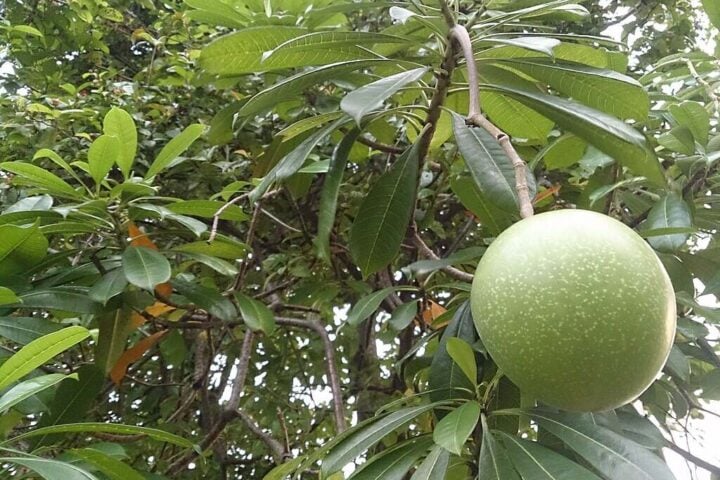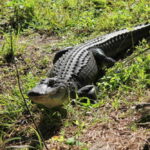The invasion of giant African land snails in south Florida has raised concerns among residents and agricultural authorities. These snails consume over 500 species of plants, including fruits and vegetables that are vital to Florida’s agriculture. The Florida Department of Agriculture has set up a quarantine zone in the city of Miramar to restrict the infestation. The snails not only threaten the economy but also pose a health risk to humans. They carry the rat lungworm parasite, which can cause meningitis. As a result, the department has prohibited the movement of giant African land snails and regulated articles within the quarantine area. The use of a chemical snail bait called metaldehyde, approved for residential use, is planned to control the snail population.

Importing or possessing giant African land snails without a permit is illegal in the United States. Authorities have been working to eradicate these invasive snails for years due to their destructive impact on crops and buildings. However, these snails are considered a delicacy in some cultures. In the past, large outbreaks of giant African land snails have been discovered in various parts of Florida, leading to quarantine measures and eradication efforts. The snails can grow up to 8 inches in length and lay thousands of eggs, and their sharp-edged shells can puncture vehicle tires. They are known to eat plaster, paint, stucco, and vegetation, posing significant threats to both built and natural environments.
Similar Post
The University of Florida entomologist, William Kern, has highlighted the danger these snails pose to landscapes and agriculture due to their plant-eating behavior. Additionally, if the snails crawl on uncooked vegetables, there is a risk of human infection. Early detection and control measures are crucial in managing invasive species effectively. The current quarantine in Broward County, covering Fort Lauderdale, spans approximately 3.5 square miles. It went into effect recently, and during this period, the movement of snails and regulated articles within the area is prohibited without a compliance agreement. The Florida Department of Agriculture plans to use a metaldehyde-based molluscicide (snail bait) for treatment, which has been approved for residential use. While the giant African land snail was previously declared eradicated in Florida in 1975 and 2021, it has reemerged, necessitating ongoing efforts to control and eliminate the population.



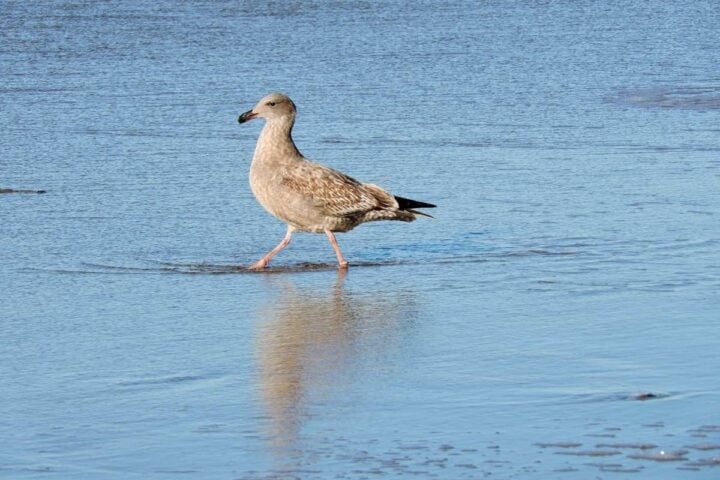


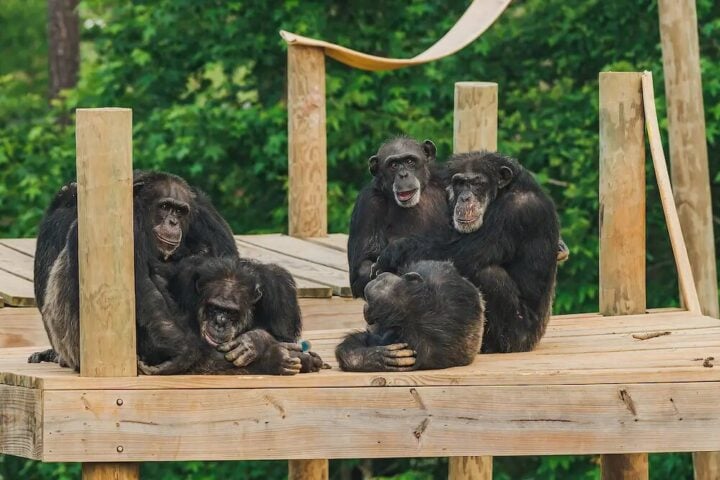

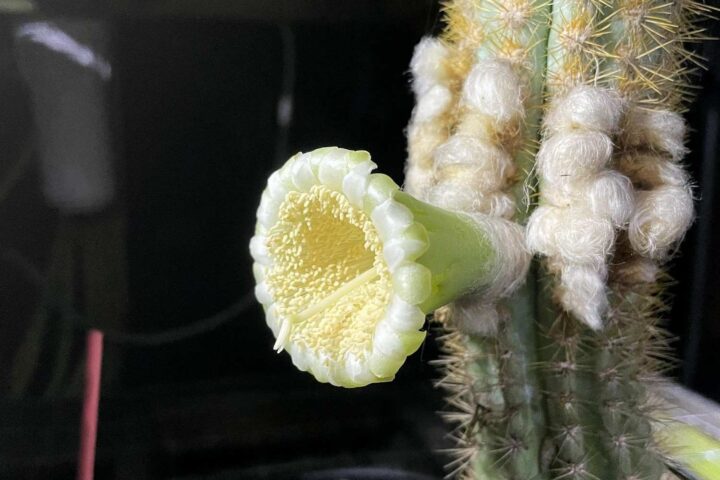
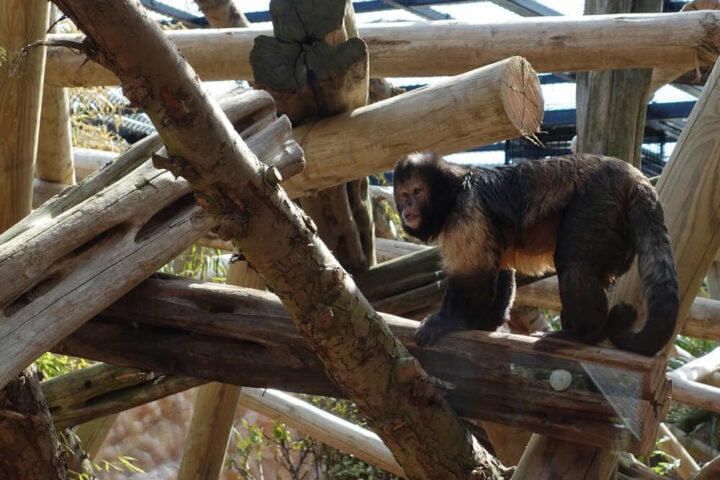
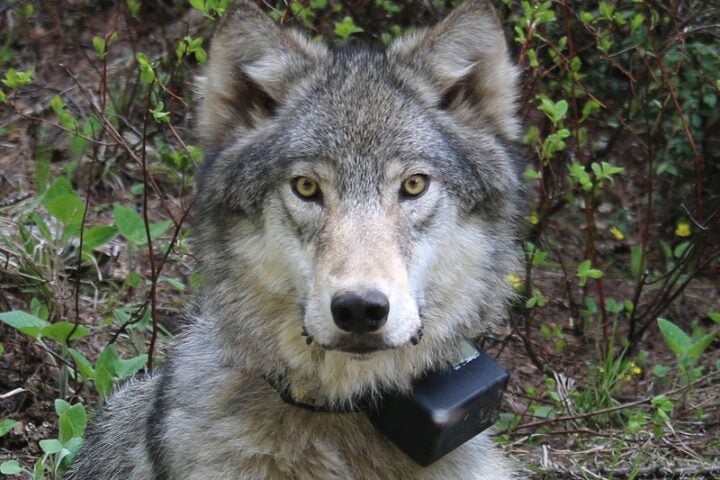
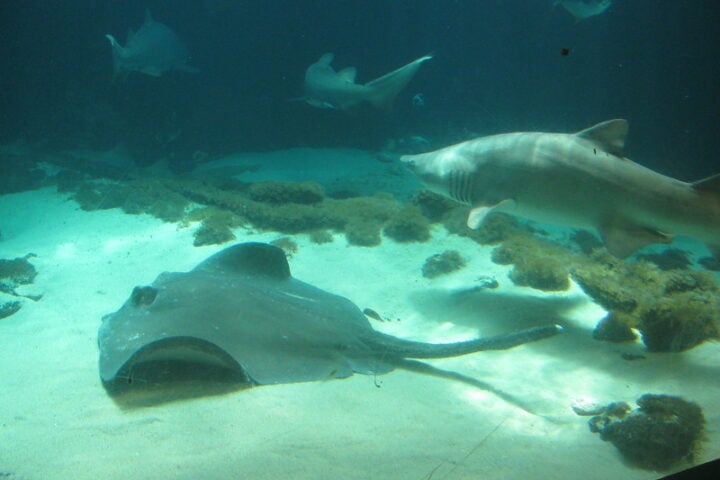
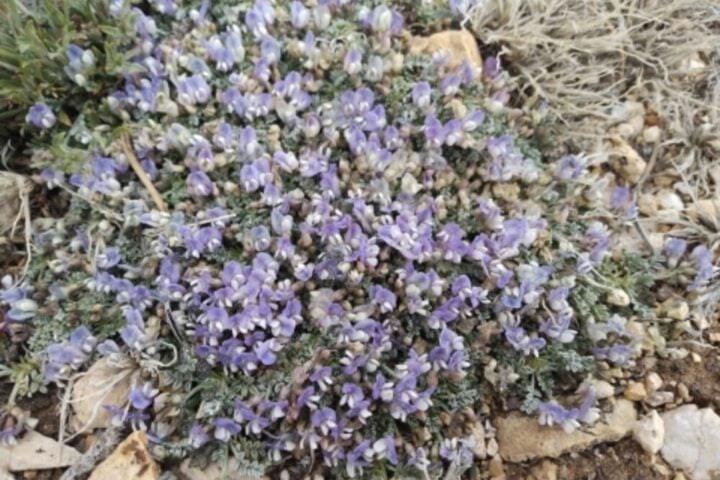
![Representative Image: European Starling [49/366]. Photo Source: Tim Sackton (CC BY-SA 2.0)](https://www.karmactive.com/wp-content/uploads/2025/04/Starlings-Drop-82-in-UK-Gardens-as-Birdwatch-2025-Reveals-Record-Low-Count-Since-1979-720x480.jpg)

